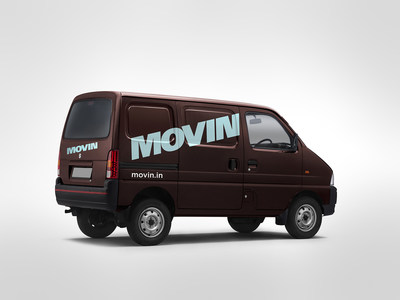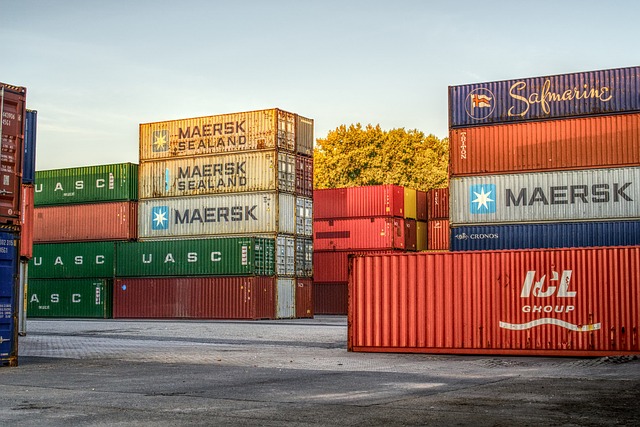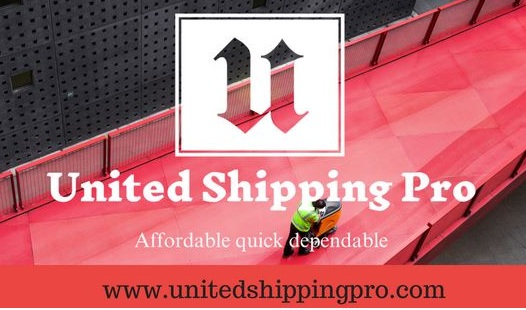Figuring out storage, shipping and processing can be complex since it involves so many moving parts. How do you know where to start if you’re new to the process? Logistics for startups involves a few basics you should know before you begin.
What are the Basics of Logistics?
The process of storing and distributing your products to your customers has a few key components you must remember. While there are many moving parts in a complete logistics process, the five most critical aspects are storage, order processing, packaging, transportation and order fulfillment.
Keep these basics of logistics in mind moving forward:
- Storage: You’ll need a place to store your products until consumers purchase them. Warehousing them takes communication and coordination because you’ll need to work with suppliers and distributors to manage your inventory.
- Order processing: Once customers make an order, a system delivers it to them. Correctly processing orders involves finding, packing and tracking your product and relies on proper inventory management.
- Packaging: Packaging products correctly and efficiently ensure they’ll make it to the customer intact. Selecting the right packaging for the size and shape of what you’re transporting is essential. The physical boxes can also impact the customer’s impression of your business.
- Transportation: Much of your overall cost will come from transportation since prices rise steeply with inflation. Domestic shipping rates in the U.S. increased by 23% in 2021 alone. It involves distributing your product by road, railway, ship or air travel.
- Order fulfillment: Customers are a critical part of the processeven though it’s technically over when the product gets to them. They must be content with the product, or else you’ll have to deal with transportation and processing againwhen they return it.
You must monitor and manage the basics carefully because each step affects the product’s safety and your relationship with your consumer. You’ll likely have the most oversight and personal involvement in these five processes.
What Should You Know Before Starting?
Since logistics for startups depend on various workers and industries, you should know a few things before you get started. Be mindful that higher gas prices increase costs and can impact the timing of product transportation. The cost of fulfilling orders may fluctuate with the transportation industry and economy, which means you may have to raise your prices or find alternative shipping methods to get the same profit.
You should also consider closely monitoring competing carriers’ costs. Obtain quotes from three companies at a minimum to secure the best possible price. It’s tempting to move forward quickly to start fulfilling orders, but being patient can potentially save you money in the long run. There are over 20,000 warehousing and storage businesses in the U.S. alone, so you should have no trouble finding a good fit.
How Should You Prioritize?
Your ultimate goal is to establish a reliable service with happy customers and high profit, but how do you do that? Your cost, customer and product are the top three factors to prioritize throughout the entire logistics process, so you must balance your budget and ensure the quality of your goods.
Keep in touch with your transport and warehouse to track how products are moving. You’ll want to remain open and communicative with them as much as possible.
What Should Your Process Look Like?
Your process depends entirely on your business type and demands. You could focus on cutting down shipping times, ensuring customer satisfaction or reducing your cost as much as possible. Your goals determine your priorities. That being said, logistics for startups contain six key components you should implement.
1. Determine Demographics
While a startup may not have the benefit of proper inventory management, starting with a clean slate is doable. You should determine where you’ll ship and who your customers will be to optimize your logistics process.
Who your customers are is crucial to business because their orders determine how much product goes out and where it’s distributed. Do they need items shipped in a specific timeframe? Will they expect incentives — like free shipping or coupons — to make an order? Consider the demographic you’re targeting since you’ll base some of your processes on who you can ship to.
2. Test and Audit Compliance
Compliance is a significant part of logistics for startups since it has potential legal and financial repercussions. You’ll want to regularly audit each part of your service to ensure you’re meeting your government’s minimum safety and work standards.
You should understand all regulations and laws your business is subject to because you may face millions of dollars in fines if you fail to comply. Beyond that, being responsible and aware of rules and expectations might let you expand in a stable and long-term way. Consumers are more willing to make purchases when they feel invested in the product and the business.
3. Monitor Inventory
Properly manage your product quantity to ensure you have the right amount. Track how much is shipped, mishandled and returned since you’ll want to know how much you have and how much you need. While it’s fine to simply know how much is stored at a given time, it can help to know if you’re paying for too much space or if you can cut down on the amount you’re storing. Demand fluctuates, and products may sit on shelves for a while if it’s low.
4. Track All Costs
Of course, you’ll want to prepare for the costs of your logistics process to ensure you’re staying within your budget and meeting your financial goals. Once you recognize where your budget is going, you can make an effort to reduce costs and optimize savings.
Hidden costs are also included in a comprehensive plan because anything can happen before your product reaches its destination. For example, improper storage or mishandling can cost up to $3.20 per pallet annually. You don’t typically plan on things breaking or going wrong before they do, but it helps to give you some more flexibility with your spending.
Other hidden budget hits — like distributors accidentally damaging goods — may impact your bottom line if you don’t account for them. It can also help you determine if your vendors are meeting your needs.
5. Pay Attention to Fulfillment
Although you deal little with your customer, they’re arguably the most critical part of your business. Their impression of you and their happiness with their product reflects on your budget and your brand. For example, customers return up to 36% of products purchased online on average. The reasons for returns vary, but they can all affect your business.
Make an effort to ensure your customers are pleased and pay attention to how they’re reacting. This involves pricing your product at the right price, ensuring it’s in perfect condition on arrival and accurately estimating shipping times. Also, consider factoring free shipping into the cost of your product since 84% of people will make a purchase because of it.
6. Anticipate Changes
Changes will happen even if you carefully plan, so you must anticipate them and make contingency plans. For example, an extreme weather event could delay shipping and frustrate your customers. Do you offer them a coupon or send an apology? It’s important to have your initial schedule well organized and thought out, but how you prepare for and react to alterations determines how smoothly things will go.
You should account for misplaced or damaged products and factor them into your budget so it doesn’t come as a surprise. In addition, decide what you’ll do in cases where shipping is slowed or fuel prices change to keep ahead — a backup plan may come in handy.
Proper Logistics for Startups
Startup logistics can be complex since there’s a lot to manage right away, but that doesn’t mean it has to be overwhelming. You’ll have an easier time getting everything set up once you know the basics, how to prioritize and what your process might look like.



 How to7 years ago
How to7 years ago


 More4 years ago
More4 years ago


 More6 years ago
More6 years ago


 Interview4 years ago
Interview4 years ago


 Other Internet Tech6 years ago
Other Internet Tech6 years ago


 More6 years ago
More6 years ago


 Business Ideas6 years ago
Business Ideas6 years ago













